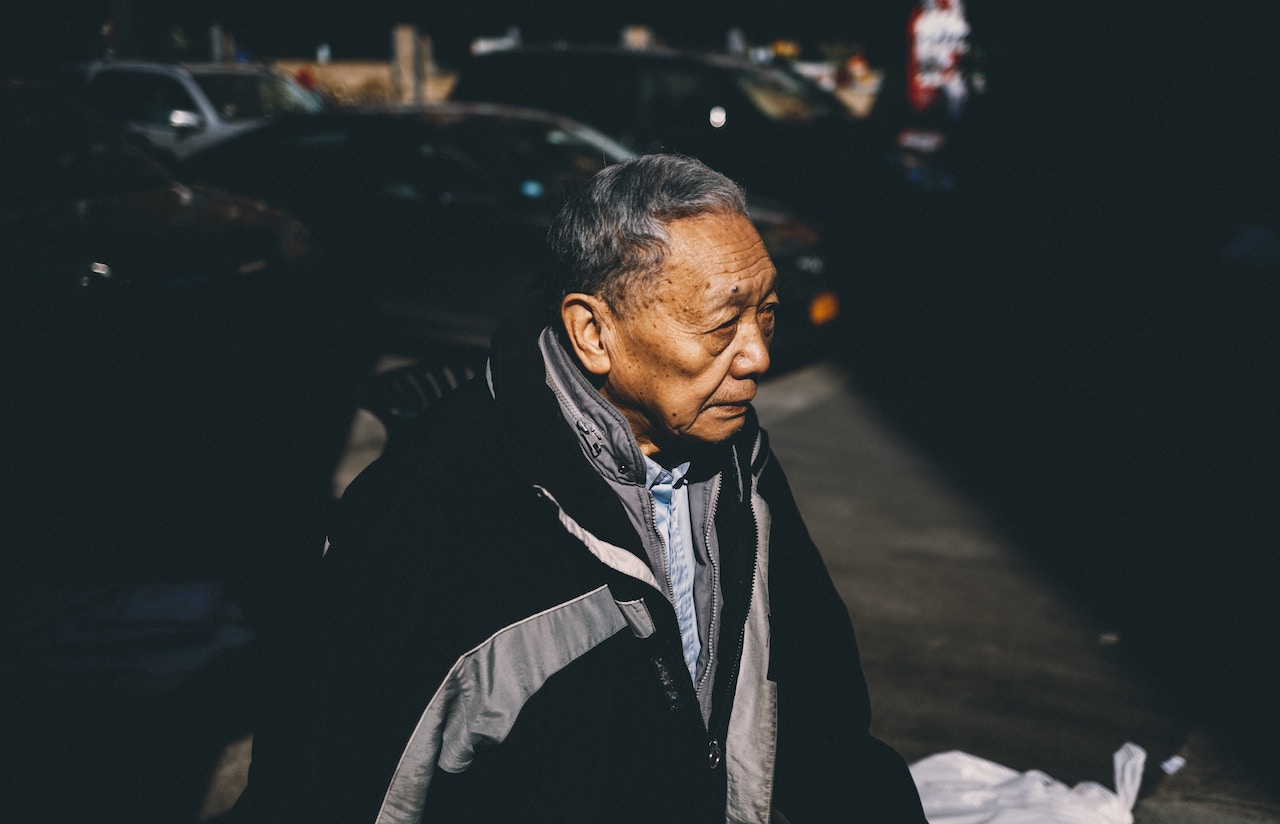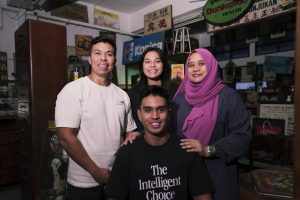Sometime last week, my mother came to me, and in a voice lowered almost to a whisper, told me that my brother and I should make time in the coming weeks to visit our grandpa. The reason was that he’s been quite ill for a while now, and might not make it to the end of the year.
I replied that of course I would make time. And then, as though this piece of news was nothing more than a passing breeze, I went back to doing whatever it was that I was doing.
Unsurprisingly, where I thought I might experience some kind of sadness, I actually felt very little. After all, I wouldn’t really say that my grandpa and I have ever had much of a relationship.
In fact, I don’t even know his name.
Like many other Singaporeans my age or those born after the 80s, I don’t speak any dialects. I’m supposed to be Cantonese, but the only Cantonese I know would come in useful only in the event of a bathroom emergency. As for my grandpa, he speaks only Hokkien, of which I know very little.
The irony of the statement becomes apparent when one looks back on what he had said about a decade prior on the 25th of October 1981: “I underline the government’s determination that nobody should use dialects. Indeed wise parents will never let their children speak dialect at all.”
This was in line with the Speak Mandarin Campaign, which had been launched 2 years before. The rationale at the time was that “Singapore’s lack of progress, particularly amongst the Chinese Community, was largely due to the use of dialects creating an incoherent and divided society”. According to Singaporean website Lion Raw, this effectively signalled the death of dialects in Singapore.
Given that dialects were the only way in which many grandparents would have communicated with their grandchildren, Lee Kuan Yew might as well have advocated for the severing of ties between these two generations.
Between 1957 and 2000, the use of Chinese dialects fell from 97% of the Chinese resident population to just 30.7%, the result of active discouraging of their use (1989: ‘More Mandarin, Less Dialect. Make it a way of life’) and the removal of dialect programmes from television.
So much for family being the building brick of society.
Yet as someone who grew up in an English speaking home, I’m also a little conflicted about all this.
On one hand, I’ve clearly benefited from having a decent grasp of both spoken and written English. On the other, I question if such a narrow-minded, “scorched earth” kind of approach was truly necessary. If you think about it, one doesn’t need to give up their dialects in order to get better at other languages. Switzerland, for instance, has four national languages.
Today, the result is an entire generation of Singaporeans who find themselves mute and uncomfortable when alone with their grandparents. Their interactions are limited to saying, “Grandma/grandpa eat,” during meals, or exchanging oranges for red packets during Chinese New Year.
Time with our grandparents has become an obligation rather than something we willingly participate in.

But the reality is also that we all make space in our lives for those we actually enjoying spending time with. This applies to both friends and family, as much as there are all these cultural assumptions around how “blood is thicker than water”.
Also, by the time one realises that they can actually learn a dialect on their own, they’re usually at an age when they’re too busy or they just have other priorities.
In truth, (extended) family is not a priority for many of us. Many family-related things that we do, we do only because it would be more awkward to not do them, and then have to explain why.
So my point is this. Every time someone brings up the “family unit” to justify anything, I find it laughable.
I find it laughable because I will probably not miss my grandpa when he’s gone. And all across Singapore, grandchildren will continue to heap food onto the plates of their grandparents, before proceeding to ignore them.
And who can blame us? It’s not as though we were allowed the language to learn who they are as people anyway.
In a few months, when Chinese New Year comes around, I will once again find myself watching my (other) grandmother from a corner of her 3-room flat in Clementi. I will study the lines in her face and watch as her eyes dart from the television to her grandchildren, sitting quietly as she is both silenced and overwhelmed by the spoken English traded amongst those gathered around her.
I will find myself once more wondering: if only I spoke Cantonese, would I better understand what family is supposed to mean?
The truth, of course, is that I’ll never know.
What I do know is that at some point in the future, all Chinese Singaporeans will speak Mandarin and/or English. Perhaps then, when communication between all generations actually becomes a possibility, we will understand a little better what family is, what it can be, and what it’s even for in the first place.
In the meantime, I’ll just have to accept that it took the forgetting of my grandparents to get to there.






